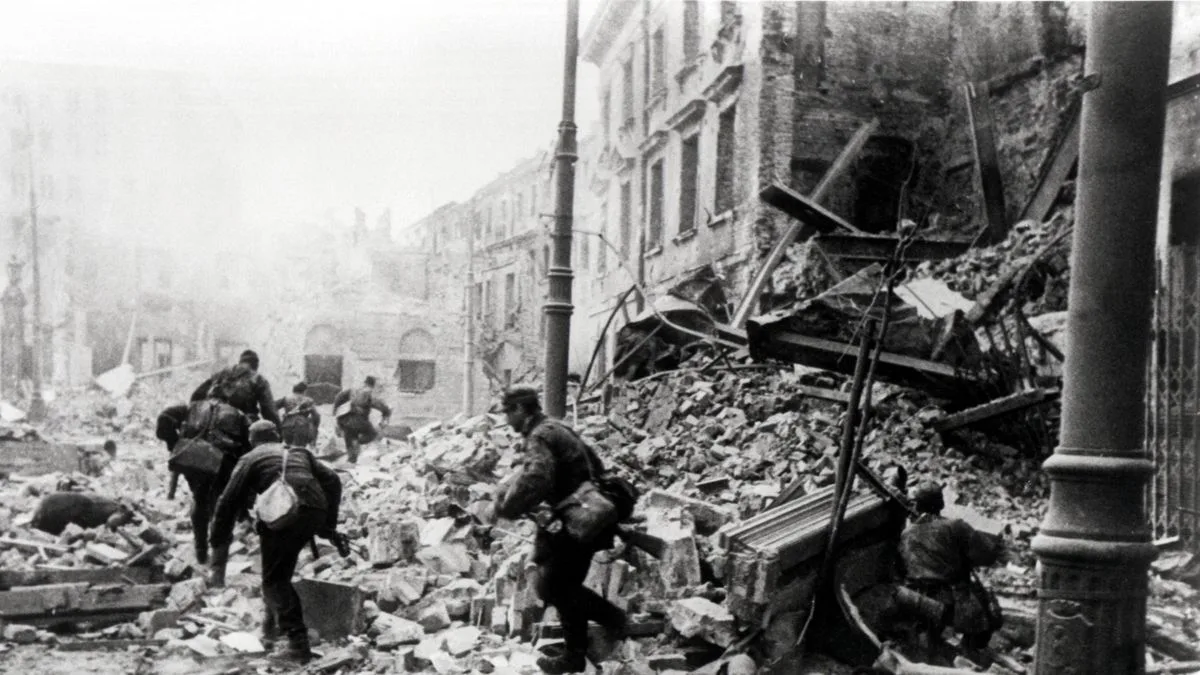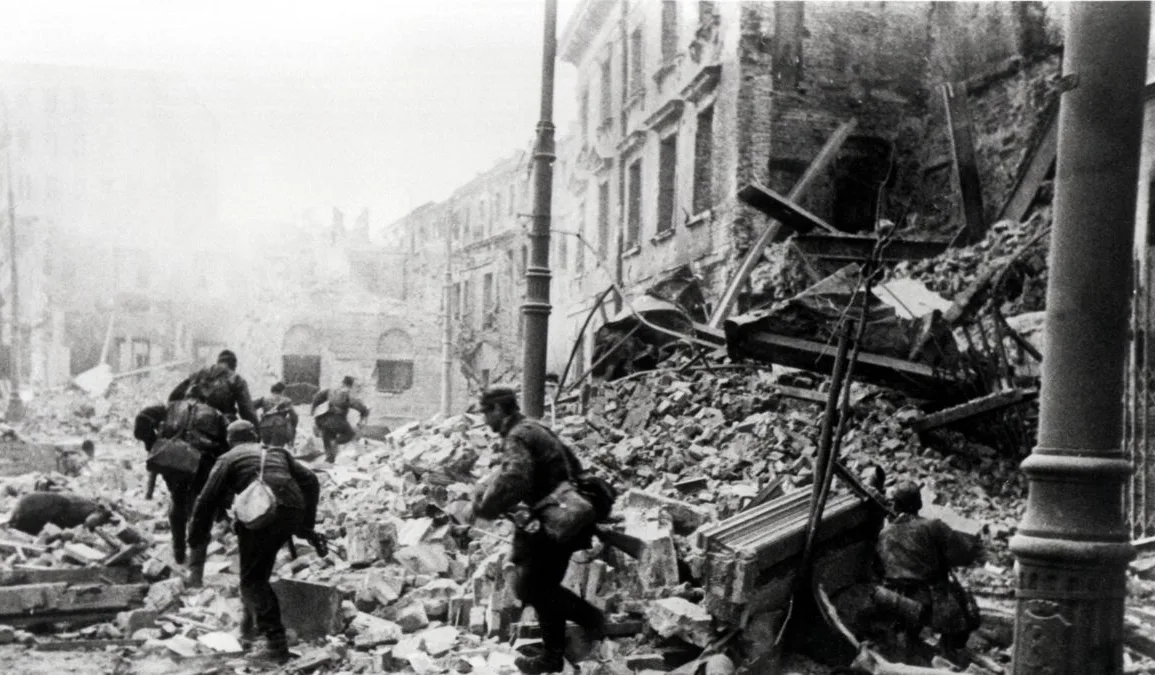
In a significant shift of foreign policy, Poland, under the leadership of Prime Minister Donald Tusk, has announced a departure from its pursuit of World War II reparations from Germany, a stance that had defined the country’s reparations diplomacy under the previous administration. Instead, the focus now turns towards alternative forms of compensation, including the restoration of historic buildings and bolstering mutual defense initiatives. This pivotal move was made public by Foreign Minister Radosław Sikorski, marking a new chapter in Polish-German relations.
Seeking New Paths of Reconciliation
For years, the specter of World War II and its ensuing atrocities have loomed large over Polish-German relations. The previous government’s demand for €1.3 trillion in reparation stirred contentious debates and strained diplomatic ties. However, the Tusk administration’s fresh approach seeks to mend fences by exploring avenues beyond financial reparations. Sikorski’s proposal encompasses a range of reparative gestures, such as the establishment of a center for documentation and dialogue, enhancing war survivors’ medical care, and strengthening defense capabilities as forms of Germany acknowledging its historical debt towards Poland. This nuanced stance reflects an understanding that reparations, in the traditional sense, are encumbered by legal and diplomatic hurdles, notably the 1953 waiver by Warsaw of its right to restitution.
Expanding the Horizon: The Russia Question
While the issue of German reparations takes a back seat, Poland’s gaze shifts towards Russia, the legal successor of the USSR, for its role in World War II damages. This pivot is not merely a redirection of reparations diplomacy but a revisitation of historical accounts and responsibilities. Polish President Andrzej Duda, alongside the Institute of War Losses, has expressed a keen interest in evaluating potential claims against Russia. This move, while bold, is met with skepticism from the Kremlin, showcasing the complexities of reconciling with a past that involves multiple aggressors and a landscape of shifting geopolitical alliances.
A New Era in Polish-German Relations
Amidst these diplomatic maneuvers, the essence of Poland’s reparation strategy underlines a deeper quest for historical acknowledgment and moral responsibility. Sikorski’s acknowledgment of Germany’s ‘moral debt’ to Poland, despite the legal closure of the reparations issue, speaks volumes about the evolving nature of bilateral relations. This transition from demanding financial reparations to seeking constructive engagement and historical reconciliation paves the way for a more collaborative future between the two nations. The emphasis on mutual defense and cultural restoration as forms of compensation suggests a forward-looking approach, prioritizing shared security and heritage over contentious past grievances.
In conclusion, Poland’s strategic pivot from pursuing World War II reparations from Germany to seeking alternative forms of compensation signifies a broader intent to foster reconciliation and stability in Europe. By acknowledging the constraints of historical agreements and shifting focus towards collaborative endeavors, Poland and Germany embark on a path of shared understanding and mutual respect. This recalibration of diplomatic priorities not only closes a long-standing chapter of discord but also opens avenues for constructive partnership, reflecting a mature acknowledgment of a shared, albeit tumultuous, history.


